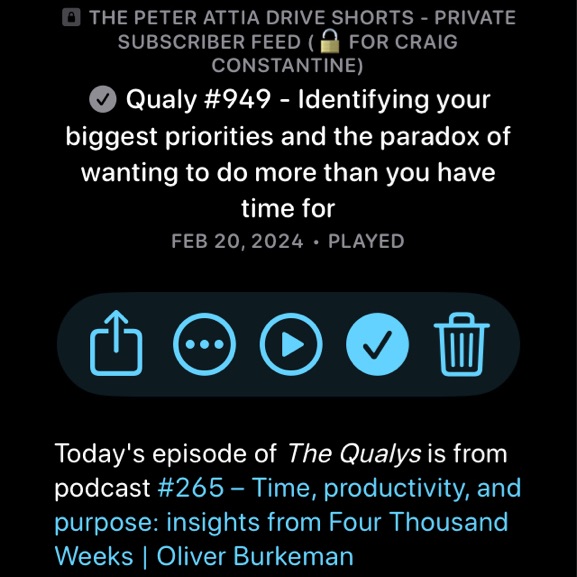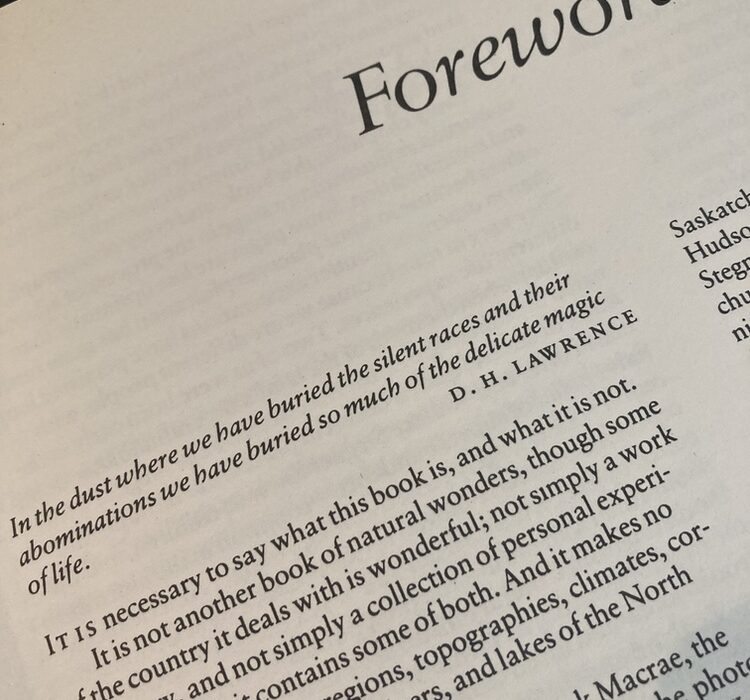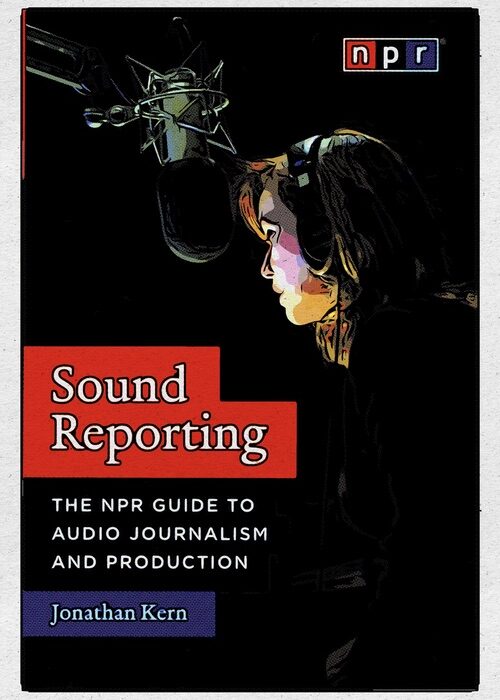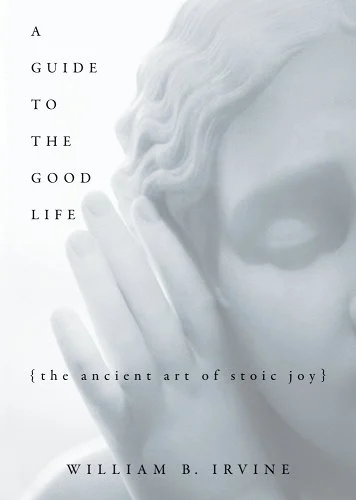Taking notes on the books I read was a great start, but it wasn’t enough. It did me no good to leave those notes sitting in a software program like a musty filing cabinet in the basement, never to see the light of day again.
I realized if I wanted to benefit from my reading, I needed to engage with the books I read on a much deeper level. I needed to make something out of them. Otherwise, I would continue to passively consume information with no lasting memory of what I learned.
~ Tiago Forte, from The Ultimate Guide to Summarizing Books
Has anyone noticed that’s what I’m attempting to do with all my blogging and writing? Shirley, that’s obvious. (It’s not obvious, and don’t call me Shirley.)
I’ve always deeply loved movies. I was raised (on hose water and neglect) in the era when going to a movie was special. Remember when you had to use the phone (with a rotary dial, mounted on the wall) to call the theatre and listen to a looooong recording detailing what was playing and when? I could tell you so so so many stories about going to the movies. In more recent issues of 7 for Sunday, I’m feeling less inclined to stomp down the inside-joke movie references. If you find them even half as enjoyable to read, as I do to write them, then we’re both better off. I’m pretty sure that my recalling and retelling of all those stories about and around movies makes the entire movie experience more fun; yes the experience during the movie, but also all the stuff around it too.
No, I’ve not lost my own plot. Forte’s point about how to benefit from what one reads is the same thing. If you want to hold on to whatever it was that you’ve gotten from a book… you have to integrate it with the rest of your ongoing, lived experience. You have to go around telling the story of who gave you the book, what the book means to you in the context of your entire life, and what you think your interlocutor might get from it (like this, this, this, this, this, this or… you get my point.)
And as soon as you realize that’s fun for movies, and great for books, you should wonder if it could be a super-power for self-improvement if you could share the contents of your mind, with yourself, in that same fashion. Two suggestions: Start journaling immediately after reading this issue of 7 for Sunday, so you can then begin in a year, to regularly review your journals.
ɕ



